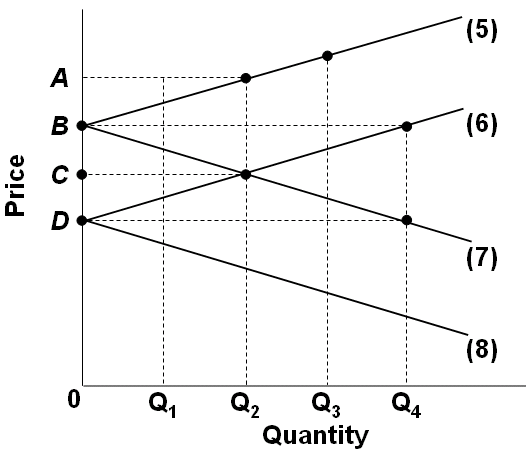In Eugene, Oregon, next year there is a 2% chance of an earthquake severe enough to destroy all buildings and personal property
Quincy, who has $3,000,000 in buildings and personal property, has the opportunity to purchase complete earthquake insurance. Which is true? A) Quincy should not purchase earthquake insurance unless he can get it for less than $60,000, because that's all he could possibly lose in an earthquake.
B) Quincy should not purchase earthquake insurance unless he can get it for less than $60,000, because that's his expected loss in an earthquake.
C) If Quincy buys earthquake insurance, and an earthquake does not occur, he will have received no utility from the transaction.
D) What Quincy is willing to pay for the earthquake insurance depends upon his degree of risk aversion.
E) Quincy should be willing and able to pay up to $3,000,000 for earthquake insurance.
D
You might also like to view...
Entities that buy up patents then try to extract large payments from companies that use similar technologies are known as ________
A) Solow pirates B) tertiary leeches C) Great Googly Mooglies D) patent trolls
Refer to the graph below which shows the import demand and export supply curves for two nations that produce a certain product. In this two-nation model, the equilibrium world price and quantity will be:

A. A and Q2
B. B and Q4
C. C and Q2
D. D and Q4